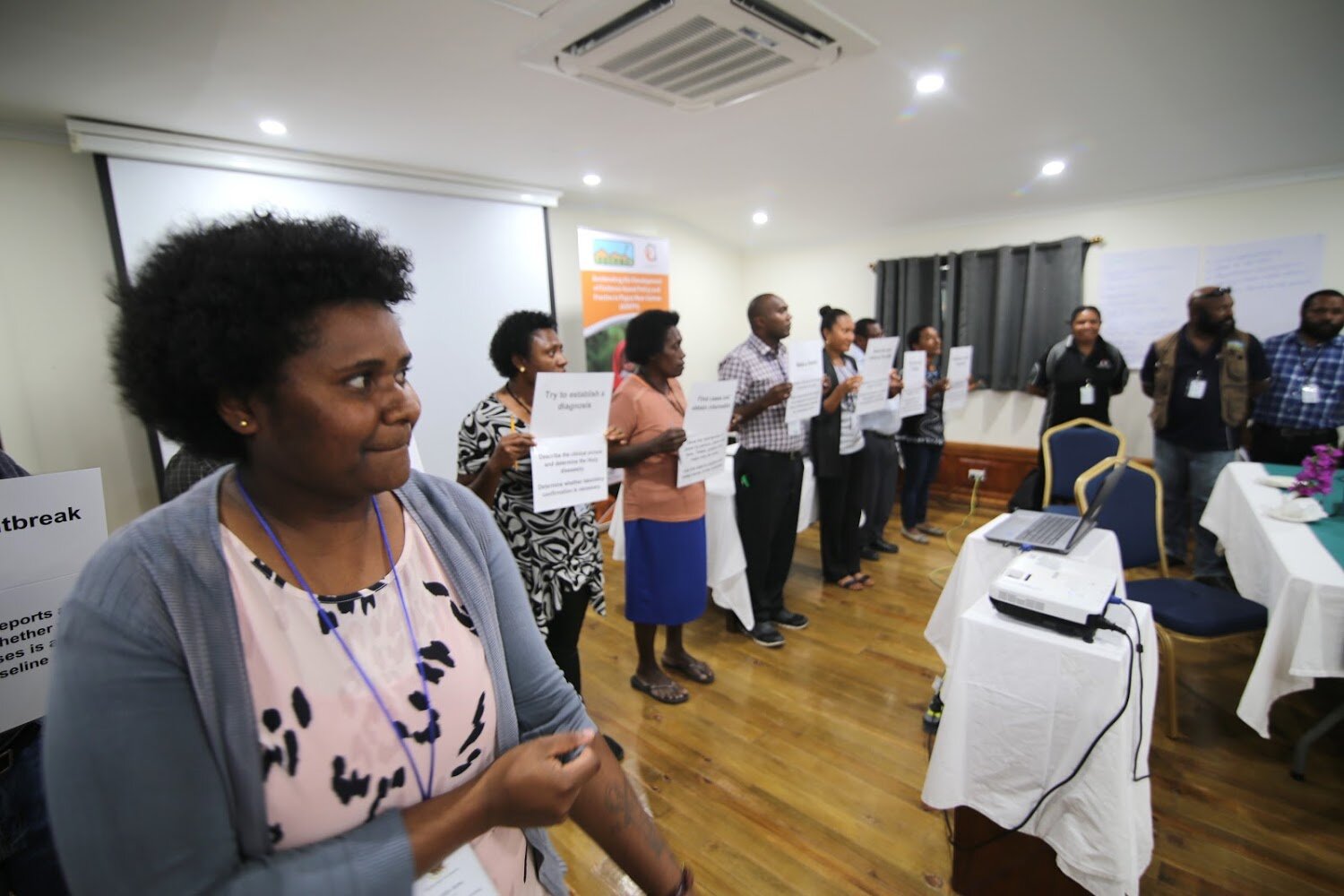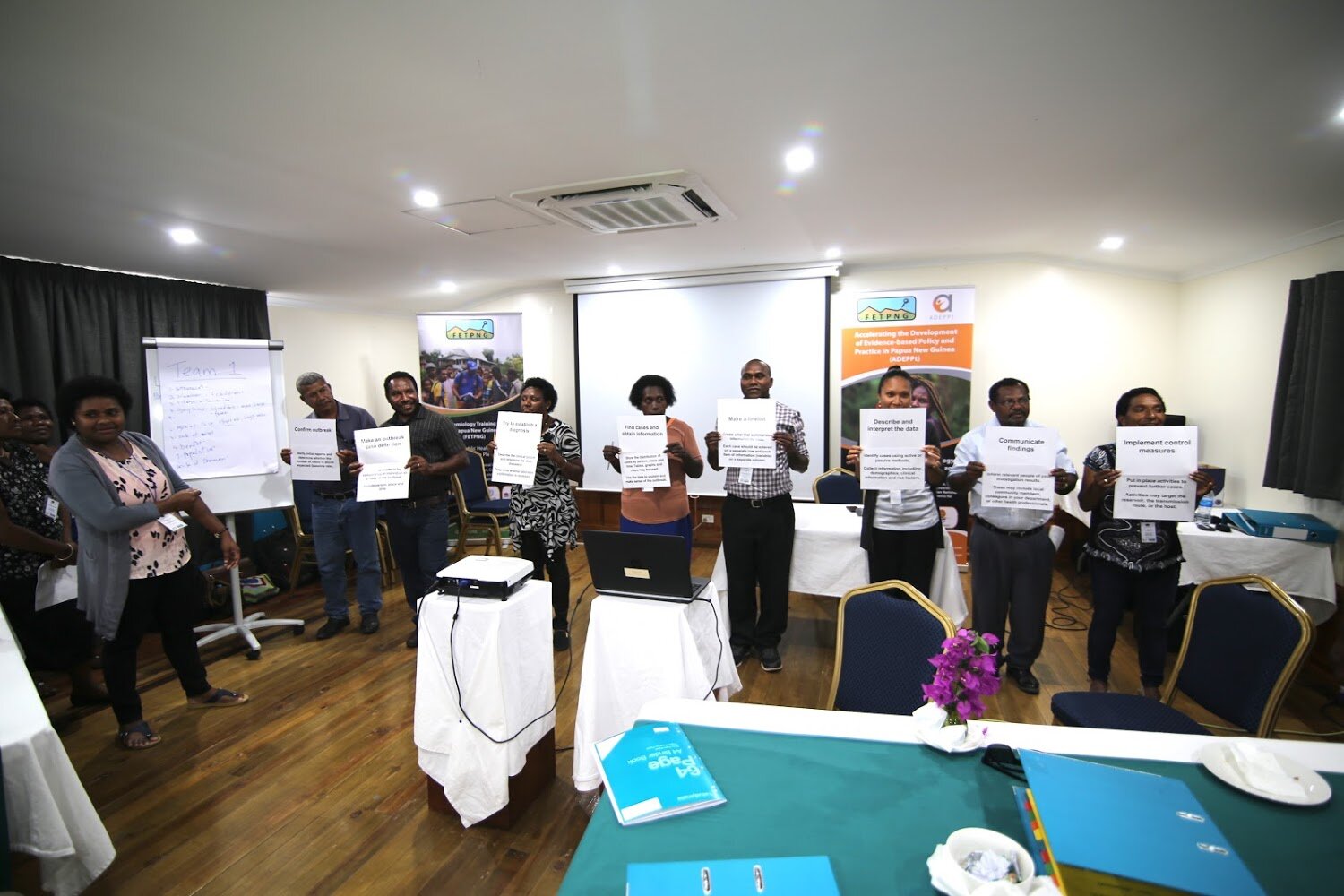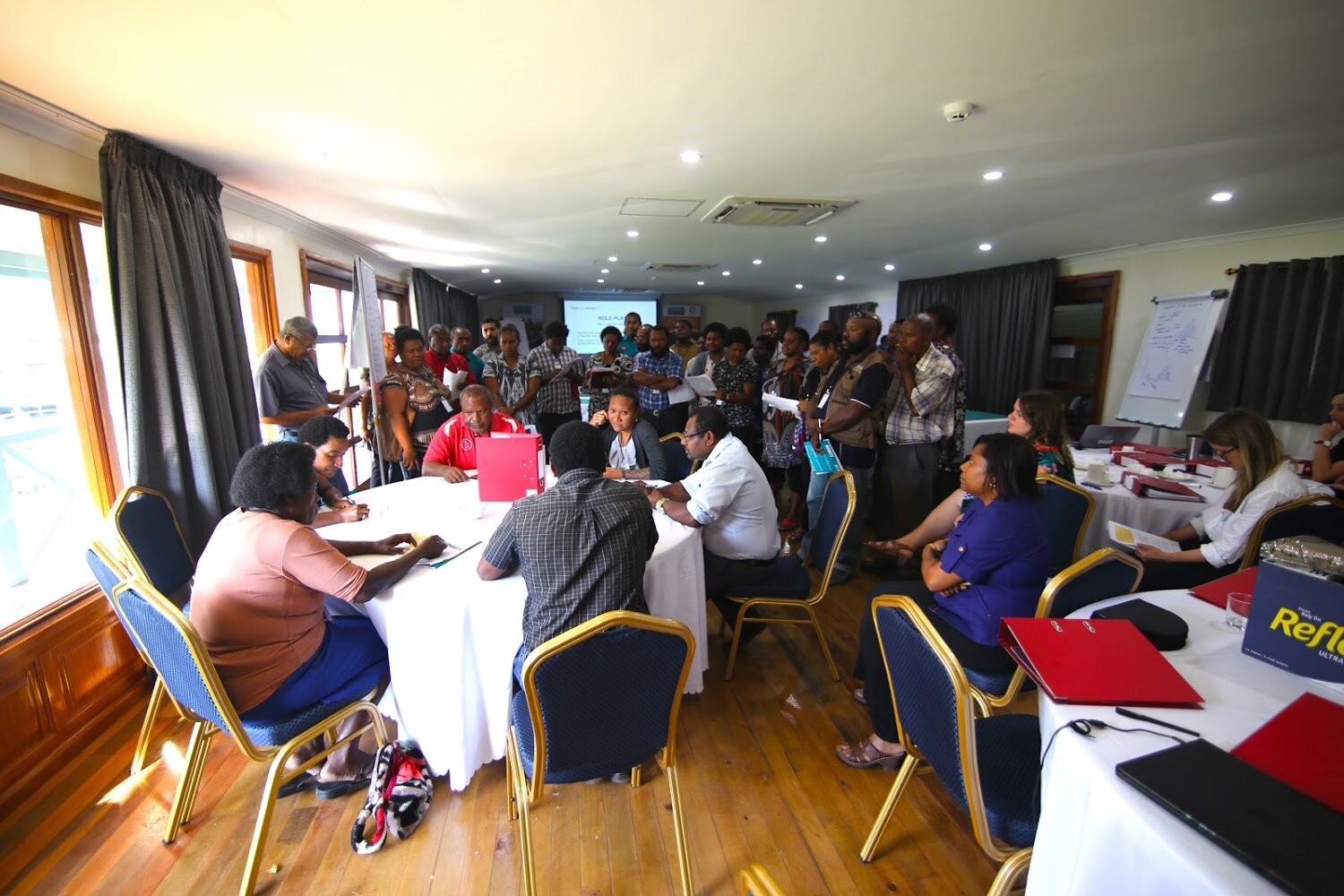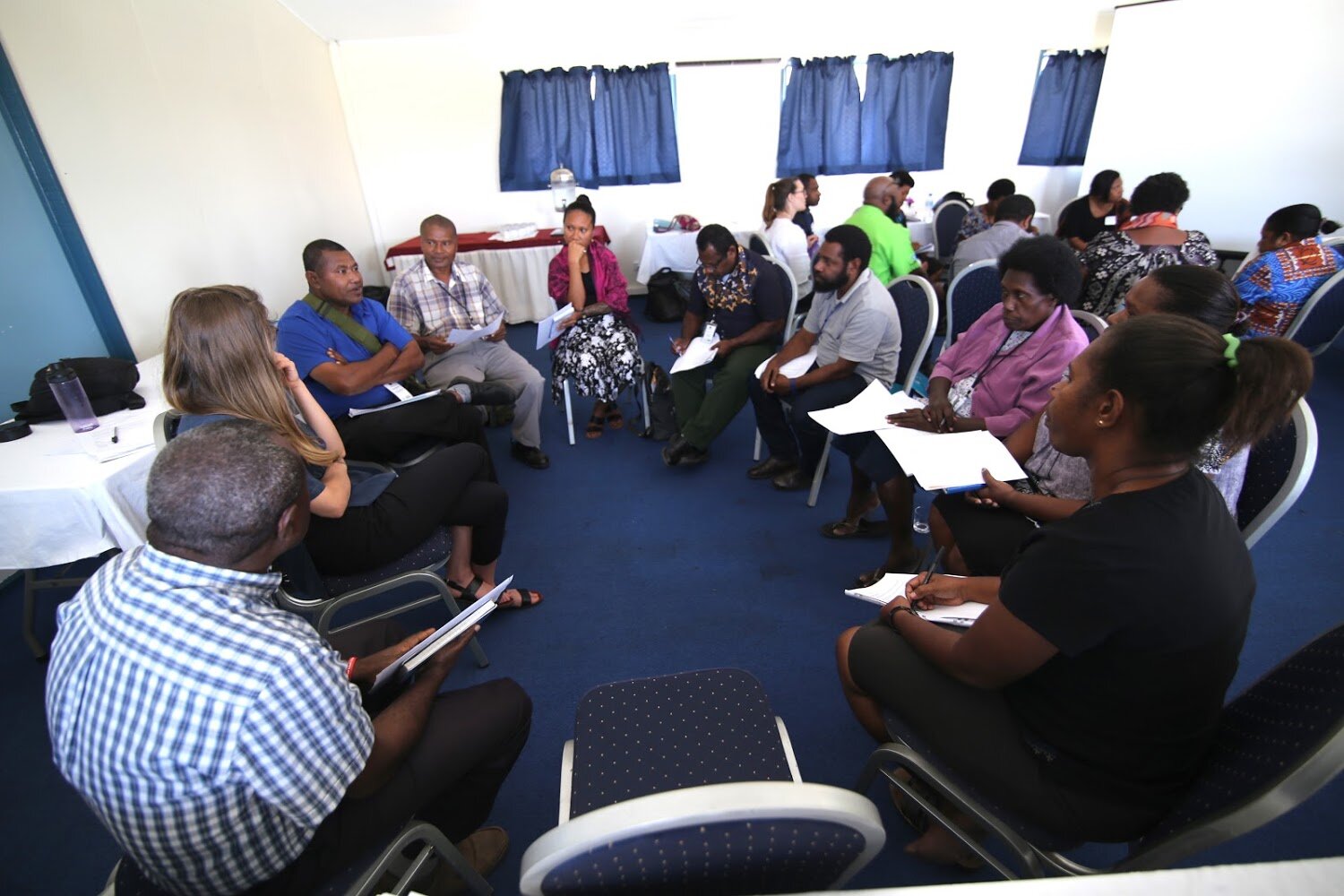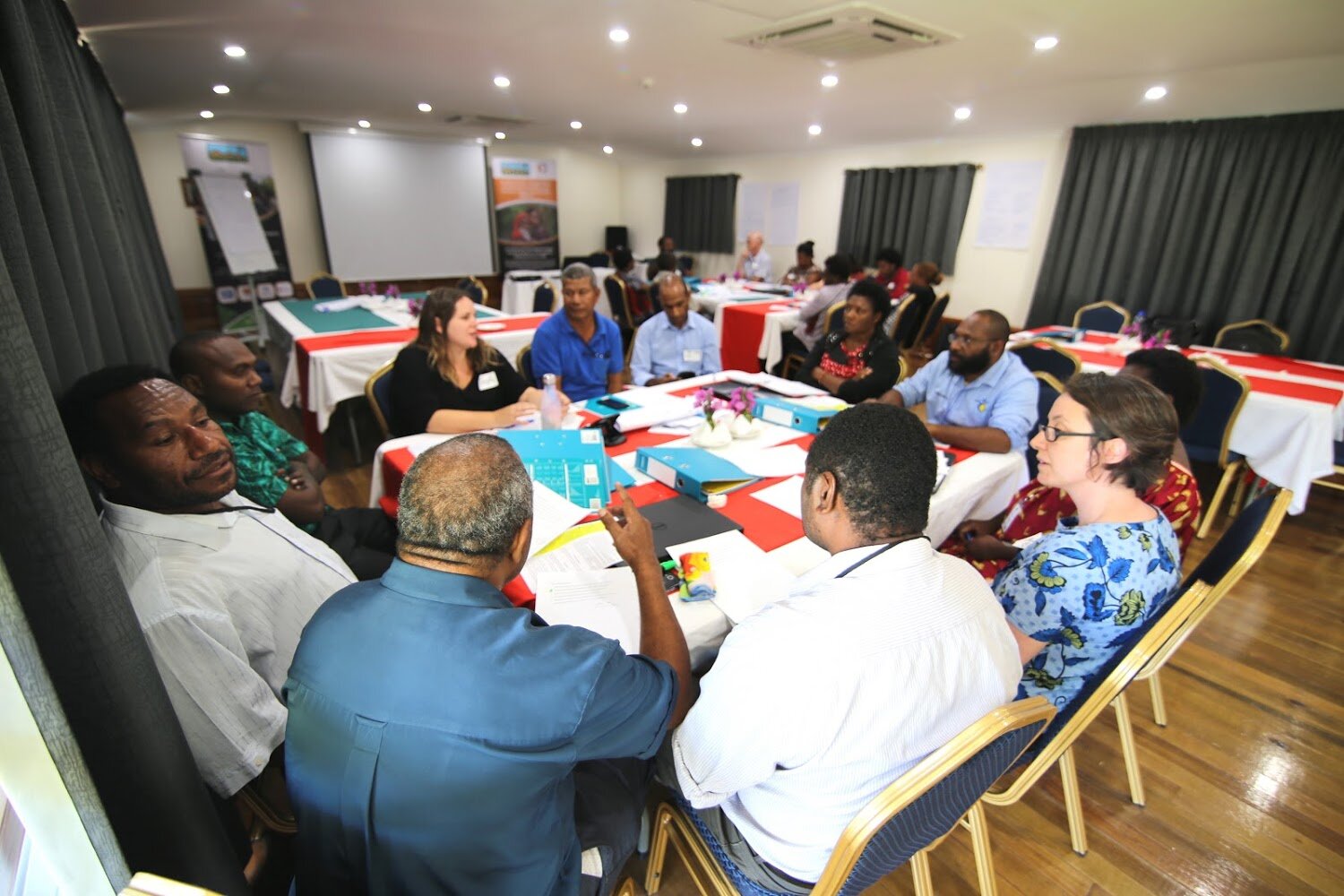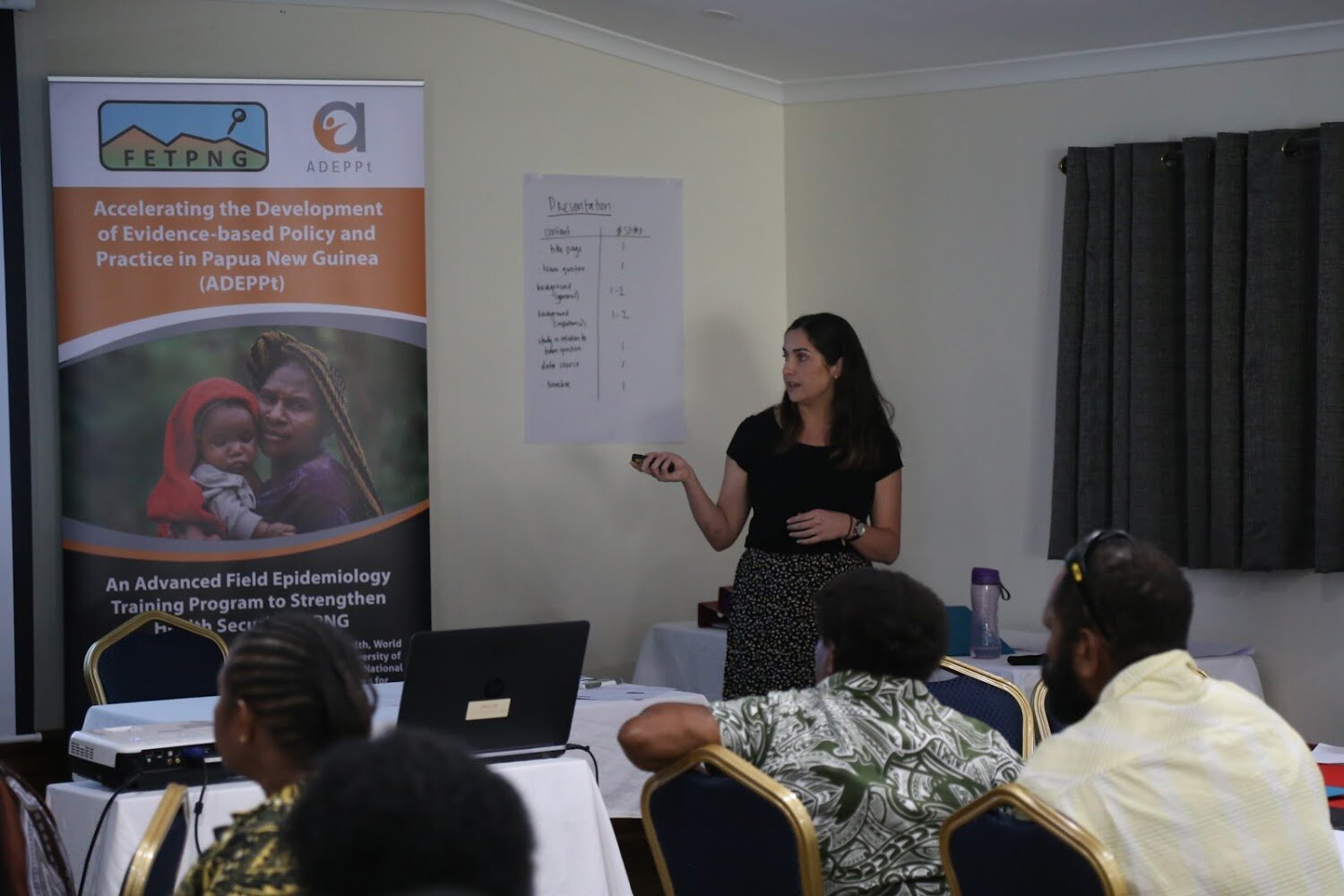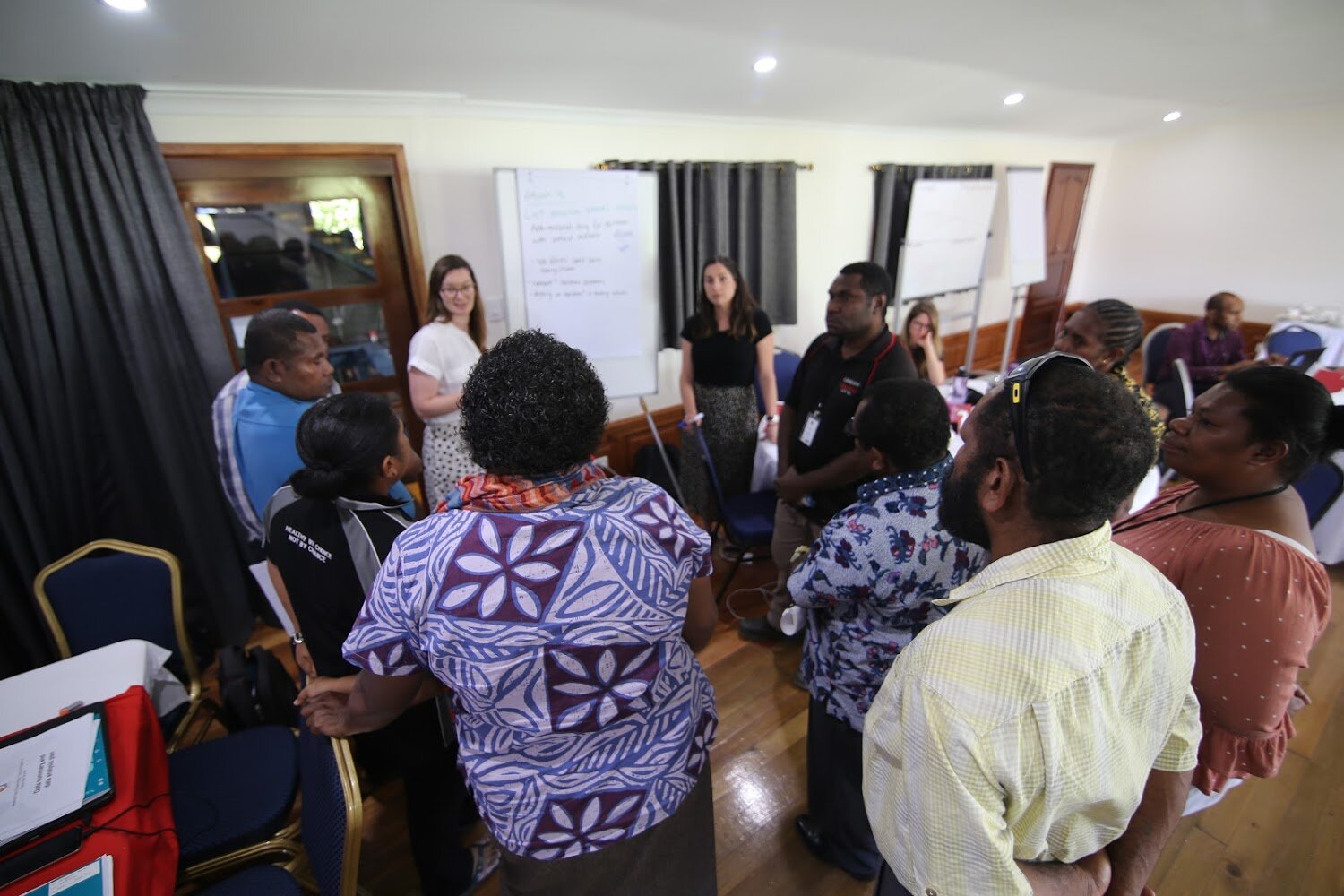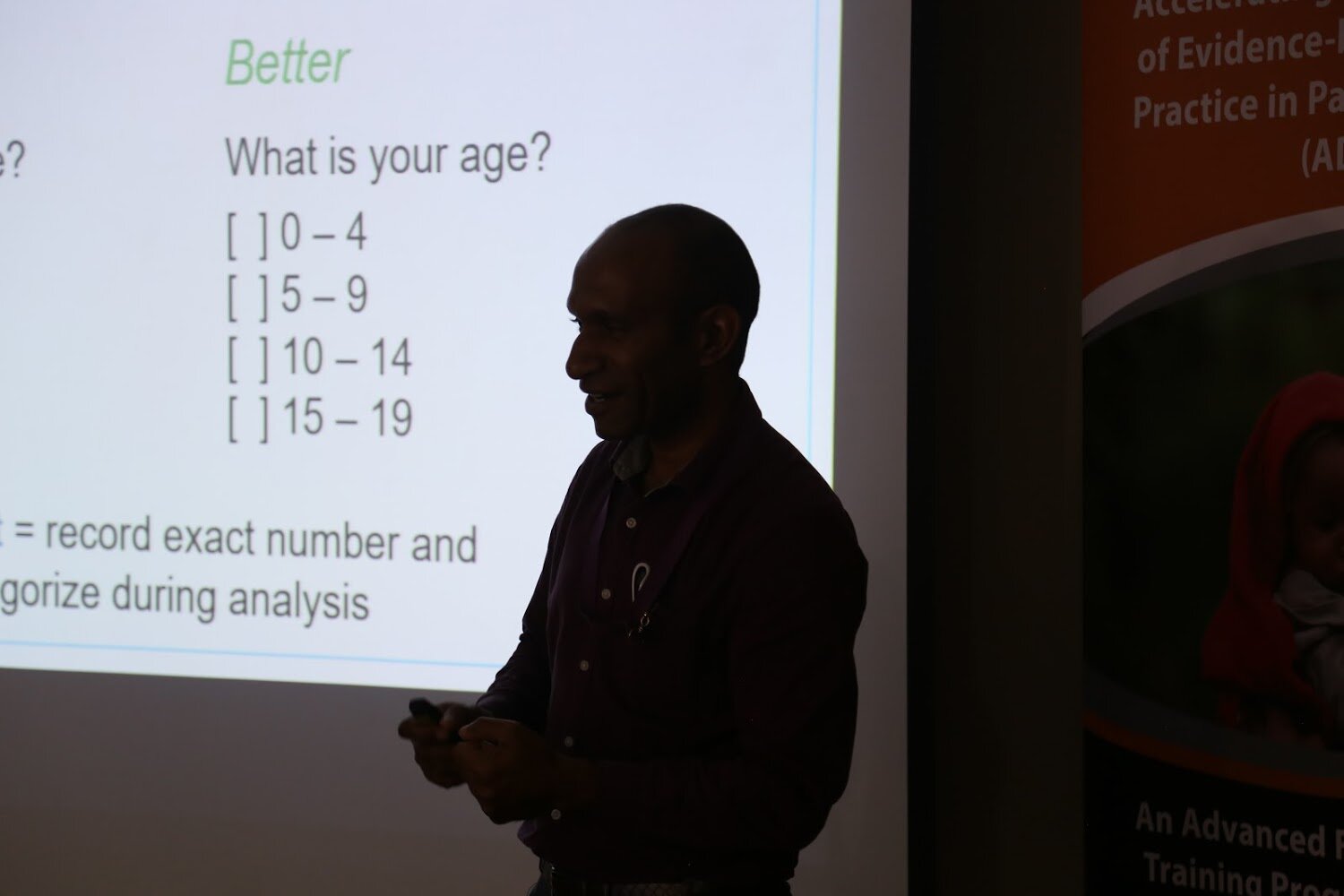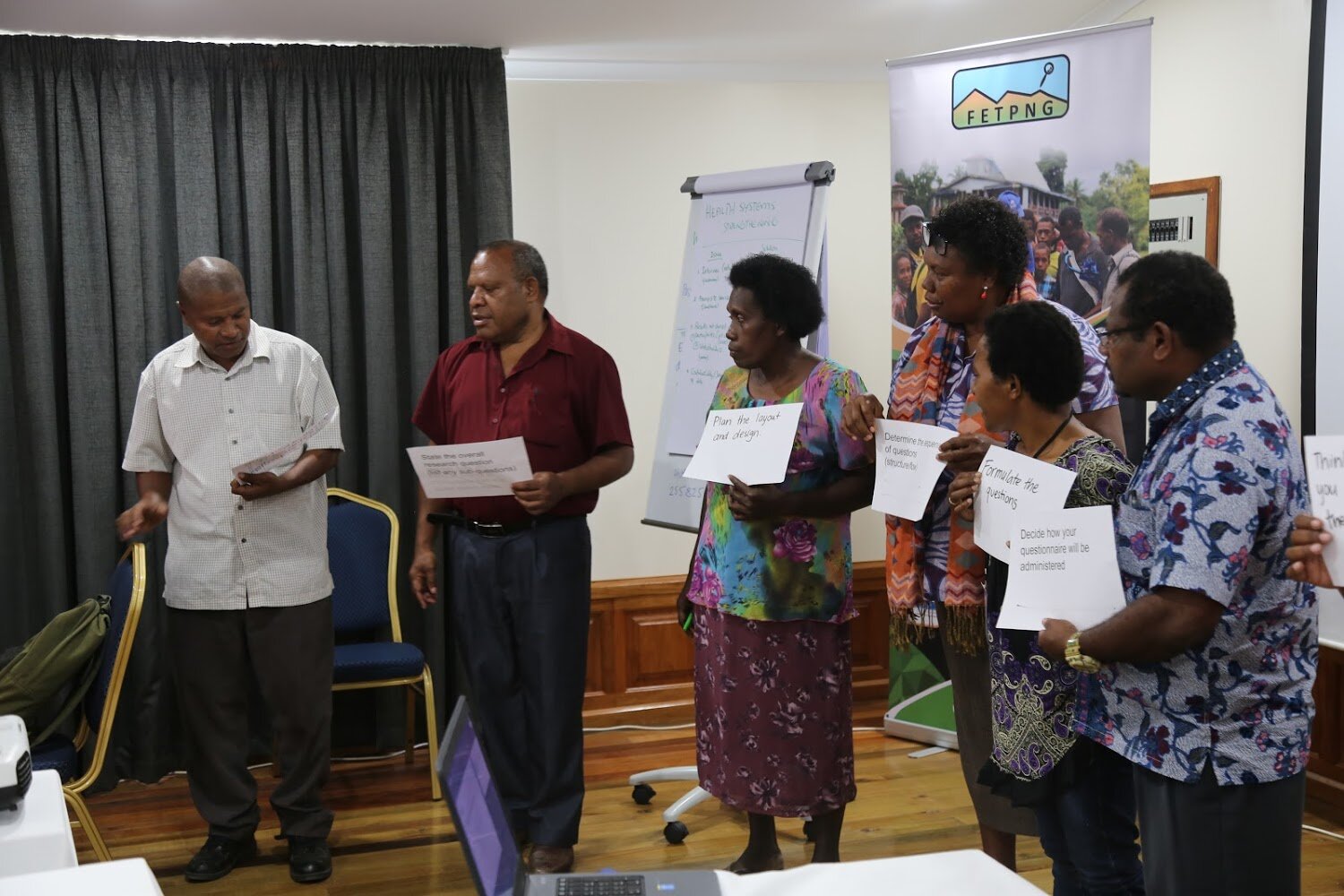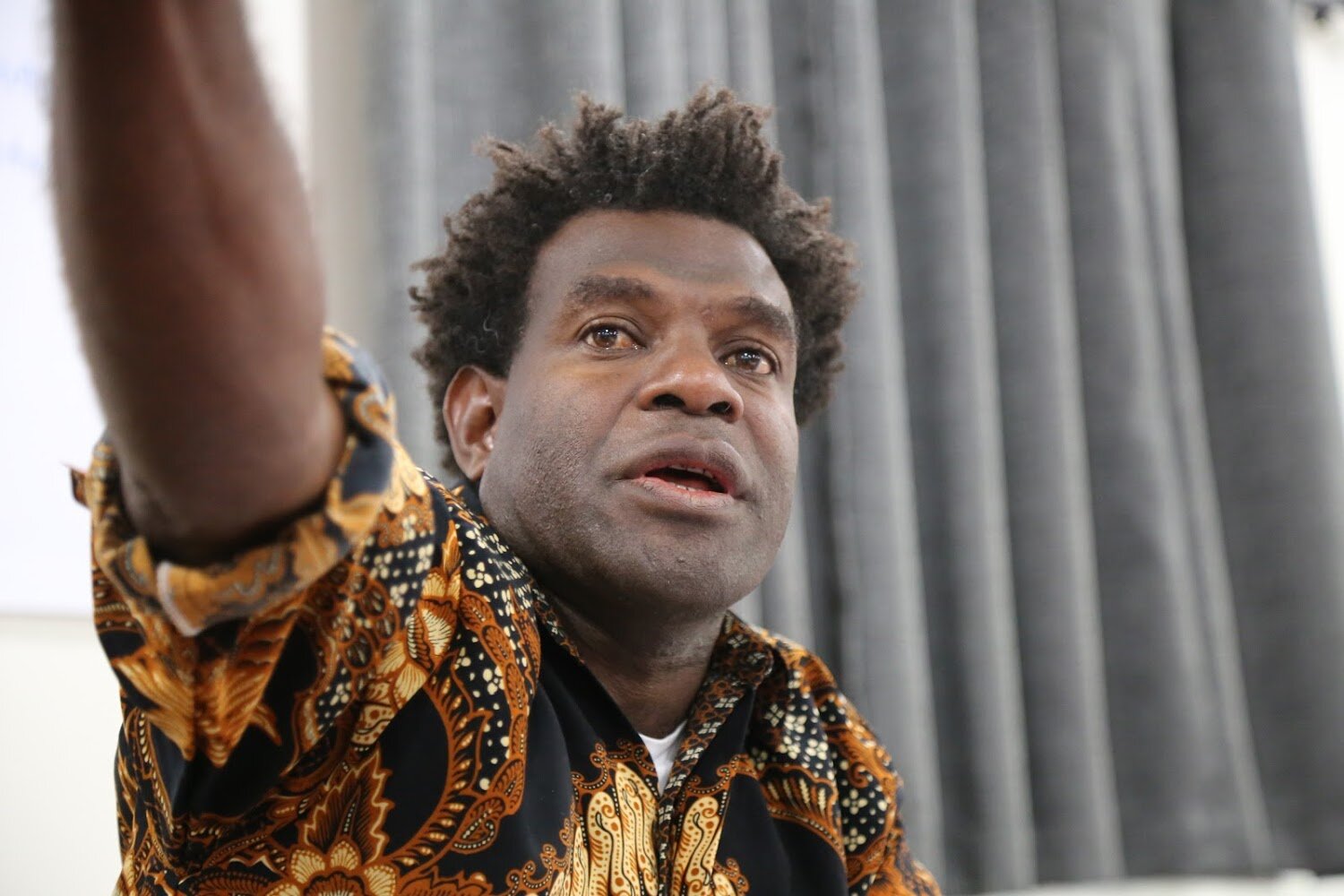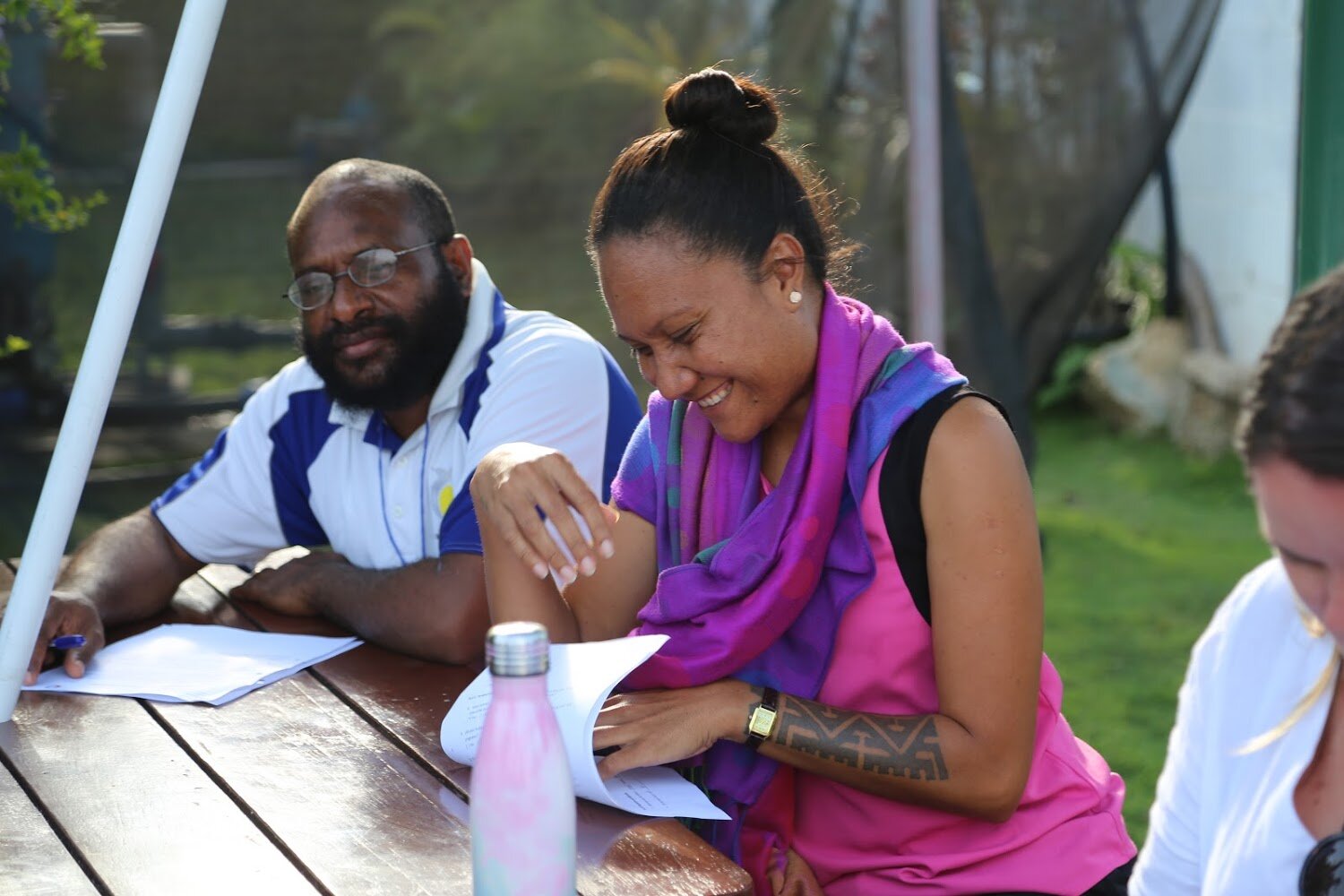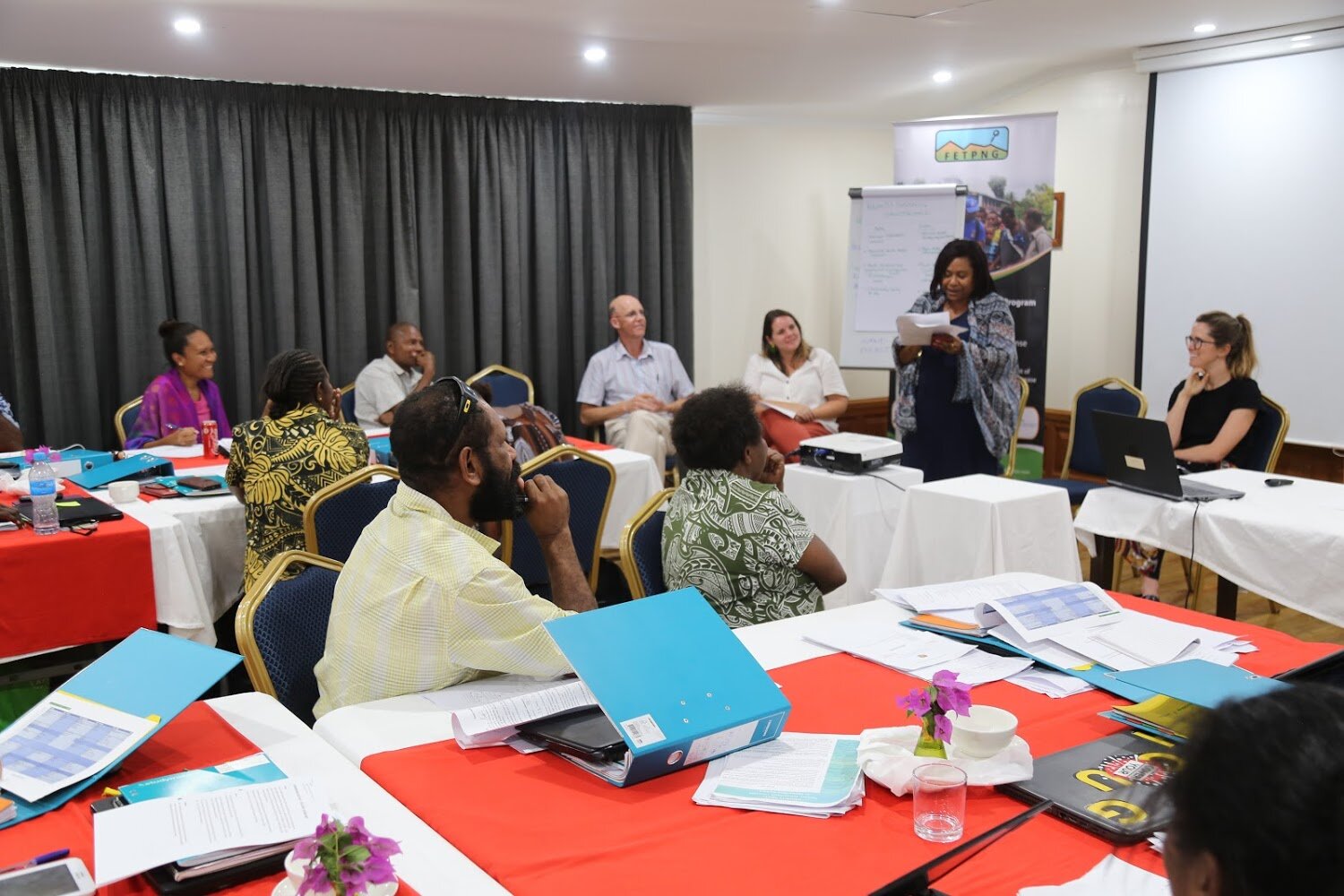Advanced Field Epidemiology Training Program of PNG (aFETPNG)
The advanced Field Epidemiology Training Program of Papua New Guinea (aFETPNG) is one of 4 workforce development program that falls under the National Department of Health’s FETPNG unit. The other programs are the frontline FETP (fFETPNG), the intermediate FETP (iFETPNG) and the Rapid Response Team training program (RRT).
This Project seeks to strengthen health systems in PNG using an innovative approach of equipping health practitioners currently embedded in the PNG health system to undertake operational research with a health security focus. Graduates from the intermediate Field Epidemiology Training Program of Papua New Guinea (iFETPNG) will meet the programs objective as they progress through an advanced FETP (aFETPNG).
Background and Overview
Performance against the health-related Sustainable Development Goals (SDG) highlights the immense public health challenges faced by Pacific Island countries. Low immunization coverage, weak primary health care systems and large-scale outbreaks of measles, polio, COVID-19, cholera, dengue and chikungunya highlight the significance of the public health challenges faced by PNG. Uncontrolled epidemic and emerging diseases in PNG, such as multi-drug resistant tuberculosis (MDR-TB), extensively drug-resistant tuberculosis (XDR-TB), Zika and Japanese Encephalitis, pose significant regional health security risks.
Improving health security requires, at its foundation, a strengthening of the health systems required to prevent and control infectious disease threats. A strong public health workforce is central to achieving stronger health systems to tackle the countries public health challenges. Efforts aimed at building public health capacity and strengthening health systems often fail to deliver sustained or substantial system change due to a lack of local ownership and poor engagement with national policymakers and program managers.
Goal
This Project seeks to strengthen health systems in PNG by equipping health practitioners currently embedded in the PNG health system to undertake operational research with a health security focus while enrolled in an advanced FETP (aFETPNG). The generation of high-quality, policy relevant research knowledge is a necessary first step in enabling evidence-informed decision making. aFETPNG will also build upon foundational field epidemiology skills to support surveillance and response activities in PNG.
Program structure
aFETPNG will comprise three face-to-face intensive research development workshops, each 2 weeks in duration, and two operational research field based placements, each ~9 month in duration. The entire program will be completed within two years. Fellows will receive advanced field epidemiology training, including on the detection and response to infectious disease outbreaks and emergencies, building on content from FETPNG. They will also receive advanced training on operational research methodology.
In addition to the classroom workshops, aFETPNG will support the deployment of fellows to respond to public health emergencies. These teams, led by senior field epidemiologists within NDOH, respond to significant infectious disease outbreaks across the country.
How is aFETPNG different?
· On the job training
· Team based operational research
· Mentor based tuition by national and international public health experts
· Policy focused
· Intervention focused
· NDOH owned
· Response focused
Impact of aFETPNG
aFETPNG will deliver co-produced research focused on locally-identified strategic health security priorities by bringing together national level policymakers and experienced frontline public health practitioners in a structured research partnership, guided by expert mentors.
